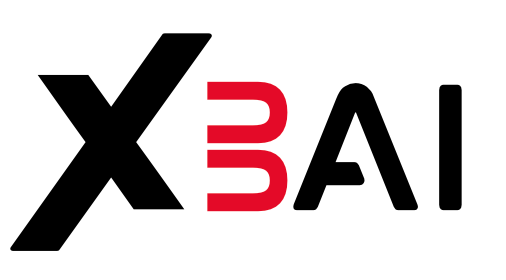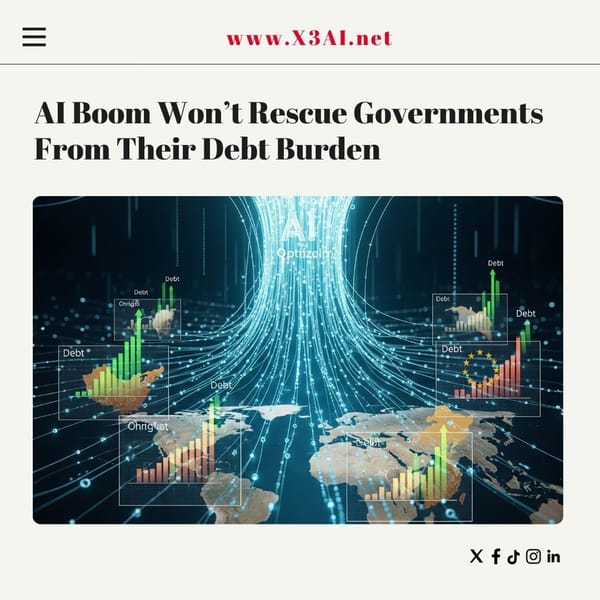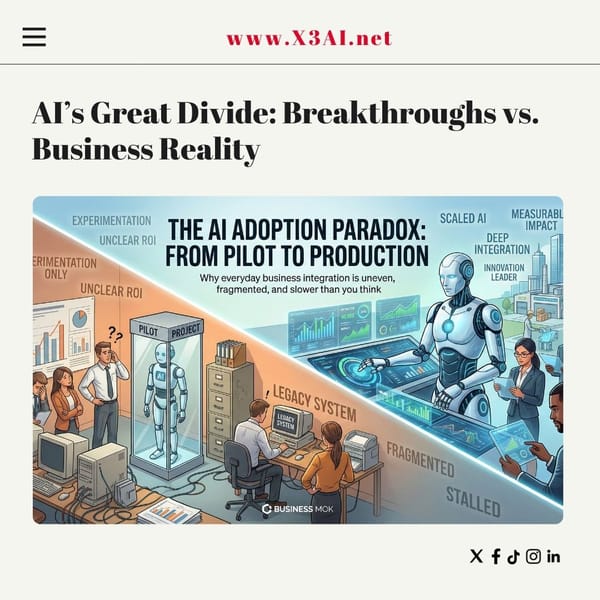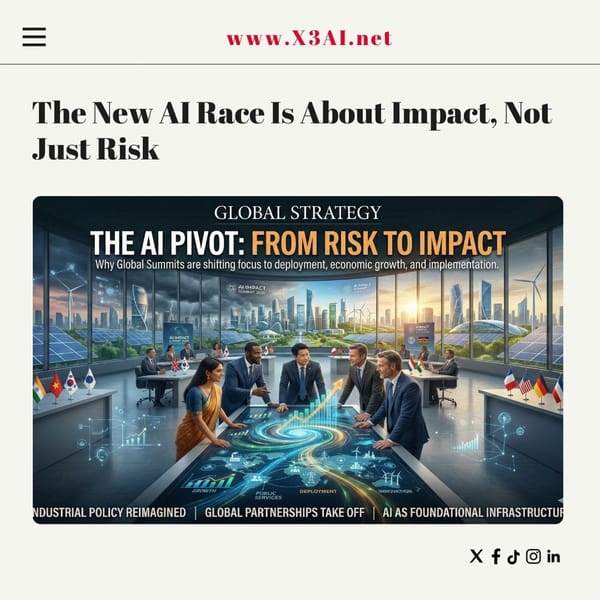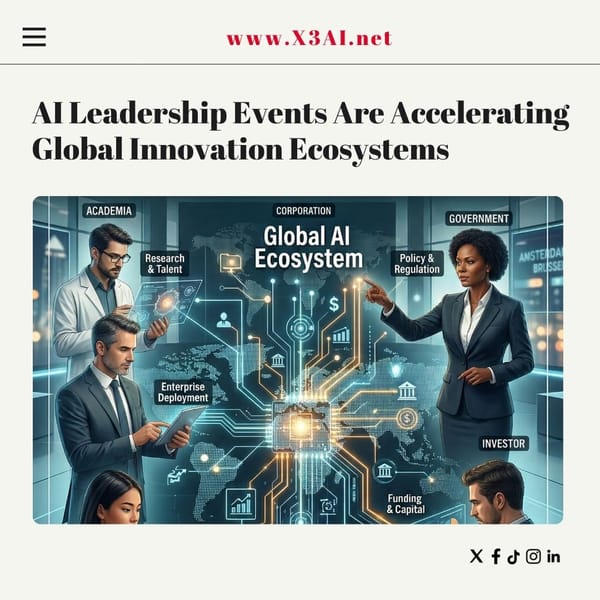The Power of AI: Transforming the World at Unprecedented Speed
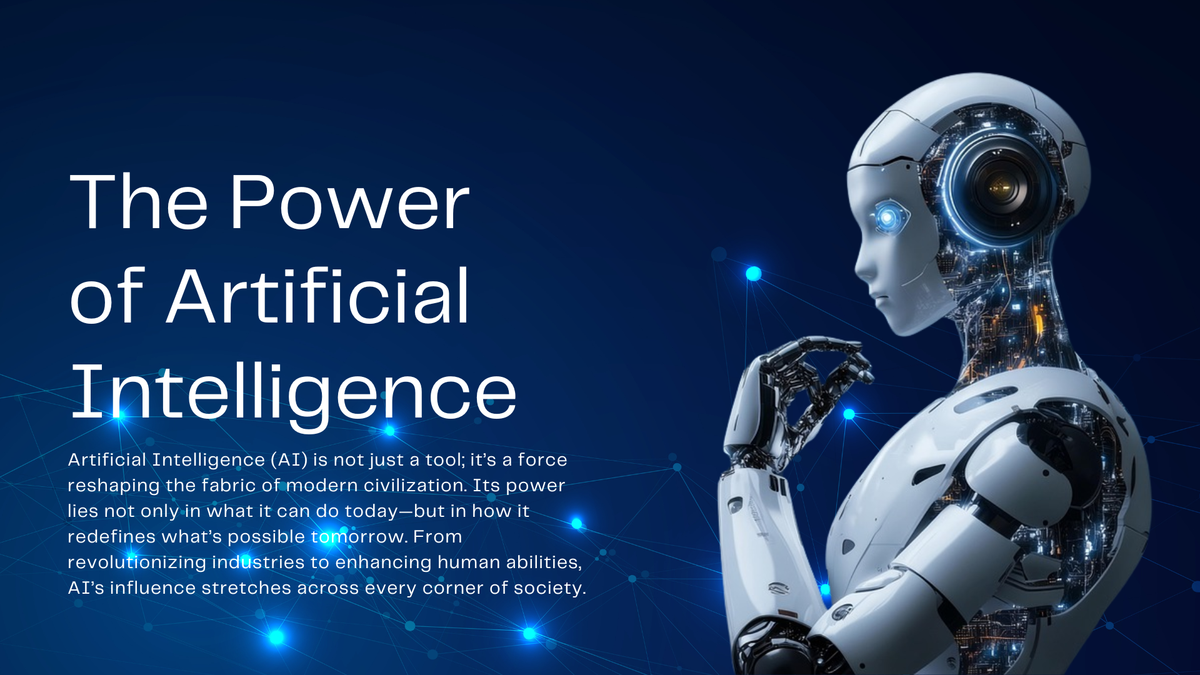
Artificial Intelligence (AI) is not just a tool; it’s a force reshaping the fabric of modern civilization. Its power lies not only in what it can do today—but in how it redefines what’s possible tomorrow. From revolutionizing industries to enhancing human abilities, AI’s influence stretches across every corner of society.
1. Superhuman Speed and Scale
AI can process vast amounts of data far faster than any human. Whether analyzing millions of financial transactions for fraud, scanning genomes for disease markers, or optimizing global supply chains, AI performs with speed, precision, and scale that surpasses human capability.
This superhuman efficiency is already transforming industries like:
- Finance: Real-time trading, risk modeling, and fraud detection.
- Healthcare: Instant analysis of medical images, personalized treatment recommendations.
- Logistics: Predictive maintenance, route optimization, autonomous delivery systems.
AI isn’t just doing tasks faster—it’s enabling new workflows that weren’t even possible before.
2. The Power to Learn and Improve
Unlike traditional software, AI models improve over time through experience. Machine learning and deep learning algorithms can adapt to new data, refine their predictions, and evolve their understanding without being explicitly reprogrammed.
This means AI systems can:
- Detect subtle patterns in data that humans might overlook.
- Continuously self-optimize in areas like energy usage, pricing strategies, or customer targeting.
- Get “smarter” the more they’re used—making them ideal for dynamic, fast-changing environments.
3. Amplifying Human Intelligence
AI is often portrayed as a replacement for humans—but its true power lies in amplification. By handling routine, repetitive, or data-heavy tasks, AI frees up human intelligence for more creative, strategic, or emotional work.
In practice, AI enhances:
- Decision-making: From business leaders using predictive analytics to doctors aided by diagnostic tools.
- Productivity: AI copilots and automation tools that assist with writing, coding, designing, and managing.
- Accessibility: Tools that support people with disabilities (e.g., AI-generated captions, speech synthesis, vision aids).
AI doesn’t just make machines more intelligent—it makes people more capable.
4. Creativity Without Limits
AI is no longer confined to logic and calculation—it’s venturing deep into the realm of creativity. Generative AI models can now:
- Compose music in any style.
- Generate realistic images and artwork.
- Write screenplays, poems, and novels.
- Design products, buildings, and even fashion.
While the debate continues about whether AI can truly be creative, its power to generate, remix, and inspire is undeniable. Artists, marketers, and creators are increasingly using AI not as a replacement, but as a collaborator.
5. Influence at a Global Scale
Perhaps the most profound power of AI is its reach. AI technologies now influence billions of people every day—often invisibly—through recommendation algorithms, search engines, translation tools, and digital assistants.
This global influence means:
- Culture is shaped by what AI promotes or suppresses online.
- Public opinion is influenced by algorithmic feeds and content curation.
- Security is affected, both positively (e.g., threat detection) and negatively (e.g., deepfakes, misinformation).
The power of AI to shape economies, information ecosystems, and even democracies makes it one of the most powerful forces of the 21st century.
6. Responsibility and Control
With great power comes great responsibility—and AI is no exception. The very qualities that make AI powerful also make it dangerous if misused or unregulated.
Risks include:
- Bias: AI systems trained on flawed data can reinforce discrimination.
- Autonomy: As AI systems make more decisions independently, accountability becomes murky.
- Weaponization: AI is being used in surveillance, cyber warfare, and autonomous weapon systems.
- Manipulation: Generative AI can be exploited to create fake news, impersonations, and mass propaganda.
Therefore, controlling the power of AI is as critical as developing it. Ethical design, transparent governance, and international cooperation will define whether AI remains a tool for empowerment—or becomes a source of harm.
Conclusion: Power With a Purpose
AI’s power is not just in what it can do, but in what it enables us to become. It challenges us to rethink how we work, how we live, and how we solve problems. But it also demands vigilance—because unchecked power, no matter how intelligent, can have unintended consequences.
Ultimately, the goal isn’t just to build powerful AI—but to ensure it is aligned with human values, equity, and the common good. That’s where real progress begins.
